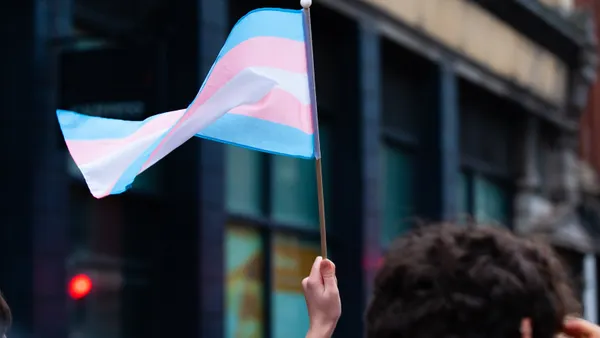Dive Brief:
- The arrest of Sinn Fein President Gerry Adams for questioning in a murder investigation and its connection to a Boston College project is focusing attention on academic freedom, and whether scholars have the right to keep their research confidential when criminal prosecutions are involved.
- The answer is “no,” The New York Times reports. Boston College researchers had interviewed leaders of factions involved in the violent disputes of Northern Ireland, promising confidentiality, but the U.S. Justice Department issued subpoenas for those interviews on behalf of the Irish police.
- Based on information turned up by the subpoenas, Adams is being questioned in the kidnapping and murder of Jean McConville in 1972.
Dive Insight:
The U.S. and Britain have a treaty that obligates them to assist each other in criminal investigations, except in the case of overriding public policy or national security concerns, the Times reports. And universities in general have no legal protection from lawful subpoenas under U.S. law. In the Boston College case, the school fought against releasing the interviews for three years. In September 2013, a court ordered the college to turn over 11 of the 85 documents that were originally sought in 2011. Based on information in the documents, police have re-opened investigations into 16 disappearances.












